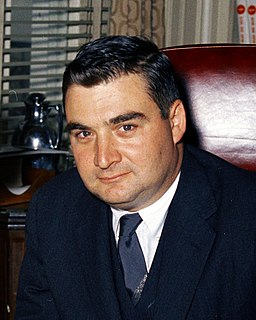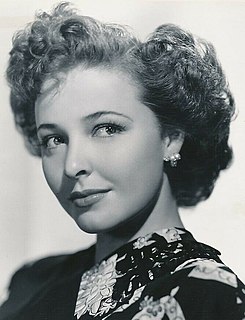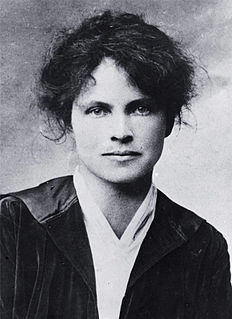A Quote by Pierre Salinger
The death of JFK to the resignation of Richard Nixon marked a great turning point in American life.
Related Quotes
I believe in intermissions. I lived through this experience with JFK and Nixon. JFK should have had an intermission. It should have come right after the Donald Sutherland scene, because then there's just too much information flooding in. You need a break. Same on Nixon. It was a long film, but I couldn't help it, with that kind of subject.
Ronald Reagan, and before him, Richard Nixon, and before Nixon, a slew of conservative politicians going back through American history, have played to the idea that the great majority of poor people are somehow "undeserving," and being undeserving, merit at best very limited, oftentimes deeply coercive and humiliating, government interventions to better their finances. That narrative isn't about to disappear overnight; but it strikes me as being like a weak gruel - there's no sustenance in it, no heft behind the argument.

































